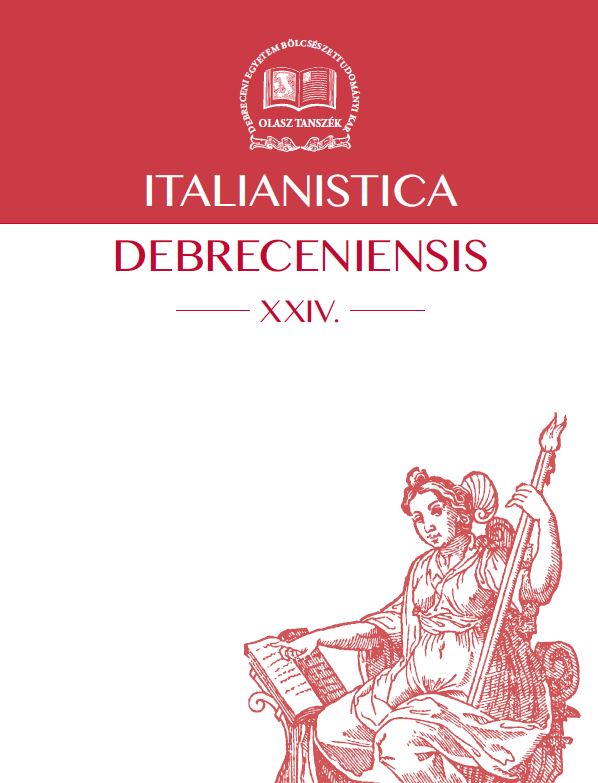La novella Libertà di Verga e la demitizzazione della retorica risorgimentale
Author
View
Parole chiave
Licenza

Questo volume è pubblicato con la licenza Creative Commons Attribuzione 4.0 Internazionale.
How To Cite
Abstract
Giovanni Verga’s tale Libertà has often been object of multifaceted – and frequently discording –critical interpretations, being the most common readings those of who saw in it a clear bias for the Italian Risorgimento (despite its violent development), and those who read it as an expression of resilient skepticism by the author towards the same historic event. Leonardo Sciascia, for example, uses the term “mystification” to describe Verga’s attitude towards Bronte’s insurrection, at a time – 1860 – when Garibaldi was carrying out his well-known Expedition of the Thousand.
The essay goes through all the noteworthy moments of this critical tradition, eventually deducting that it is by no means possible to draw firm assertions about Verga’s political ideology with the sole literary work as a point of reference. It argues instead that the author’s literary eminence must be seen in his outstanding ability to raise such a vast array of multilayered interpretations in the readers.

 https://doi.org/10.34102/italdeb/2018/4672
https://doi.org/10.34102/italdeb/2018/4672